Home / jammu-kashmir / Heightened Security Measures in Kashmir: Ban on Civilian Vehicles During Convoy Movements
Heightened Security Measures in Kashmir: Ban on Civilian Vehicles During Convoy Movements
By: My India Times
6 minutes read 47Updated At: 2025-02-15
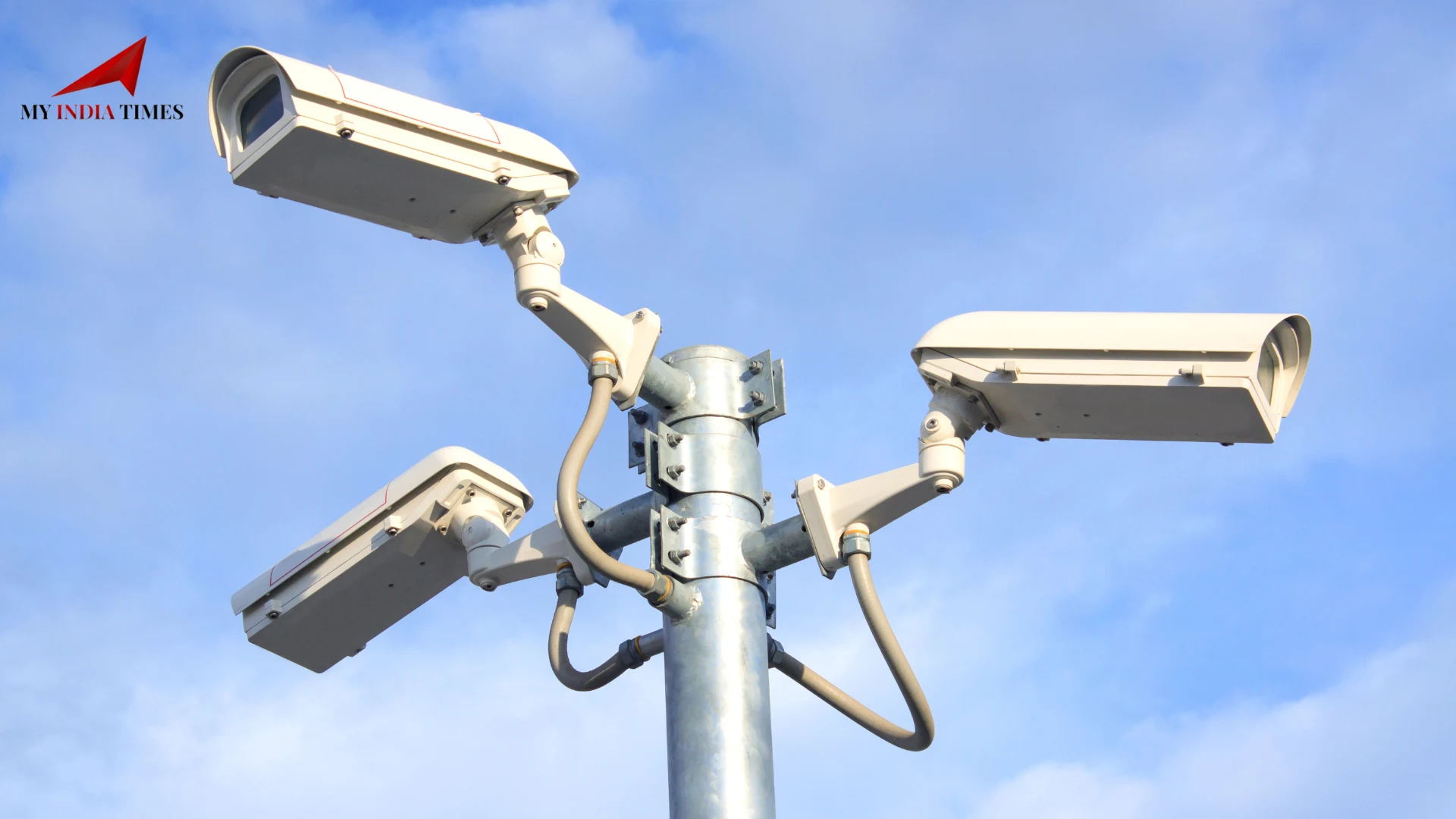
In the aftermath of the Pulwama attack, security in Kashmir has undergone a significant transformation. Authorities have implemented stringent measures to avert any future incidents, thereby ensuring the safety of security personnel and civilians. A significant modification involves the prohibition of civilian vehicle movement during security convoys, which seeks to mitigate potential threats. Furthermore, security forces have augmented surveillance through permanent checkpoints, CCTV monitoring, drone surveillance, and the deployment of armored vehicles. These initiatives have fostered a secure and comprehensively monitored highway system, leading to a substantial decrease in security breaches.
Complete Ban on Civilian Traffic During Convoy Movements
Earlier, civilian vehicles were allowed to move alongside security convoys, increasing the risk of potential attacks. However, after reviewing security protocols, the government imposed a strict ban on civilian traffic during convoy movements.
Now, when a security convoy moves, all civilian traffic is halted, ensuring an unobstructed and secure passage. The primary goal of this measure is to eliminate the possibility of vehicle-borne explosives. Any unauthorized attempt to move during convoy passage is immediately intercepted by security personnel.
For civilians facing medical emergencies or urgent travel needs, a special clearance system has been introduced. Their vehicle details are shared across all checkpoints to ensure safe and controlled passage.
Establishment of Permanent Security Checkpoints
To enhance security further, 14 permanent security checkpoints have been established at critical points along the highway. These checkpoints are fortified with heavily armed personnel, bunkers, and armored vehicles to ensure constant vigilance.
Each checkpoint is manned round the clock, conducting thorough security inspections of passing vehicles to prevent any unlawful activities. Every crossing has bunkers and armored vehicle deployments to counter potential threats. In addition to this, security teams ensure the constant monitoring of link roads, preventing unauthorized movements.
24/7 CCTV Surveillance on Highways
The Jammu-Srinagar National Highway, passing through crucial districts like Pulwama, Anantnag, and Kulgam, is now under constant CCTV surveillance. Every vehicle is monitored in real-time, and security teams are alerted immediately if any suspicious activity is detected.
The installation of high-definition cameras and night-vision sensors ensures that security monitoring remains effective even in low-light conditions. Additionally, authorities have deployed automatic number plate recognition (ANPR) systems to track every vehicle using the highway.
Deployment of Drones and UAVs for Enhanced Security
One of the most significant advancements in Kashmir's security strategy is the use of drones and Unmanned Aerial Vehicles (UAVs) for aerial surveillance. These drones monitor high-risk zones, track suspicious movements in real-time, and assist in intelligence gathering.
Drones provide a bird’s-eye view of the terrain, making it easier to identify concealed threats and respond immediately to security concerns. The use of UAVs has proven effective in preventing infiltration and tracking militant activities, significantly improving response times for security forces.
Strengthening Highway Security with Armored Vehicles
Apart from main highways, security has been reinforced on link roads to prevent any hostile movement. Armored vehicles have been stationed at key intersections, providing additional protection. These vehicles block unauthorized access, provide immediate response capability, and act as a deterrent against possible attacks.
Security forces also conduct random vehicle checks along link roads, ensuring that no unauthorized personnel attempt to access sensitive areas. This has significantly reduced militant movement, increasing the overall security in Kashmir.
Use of Advanced Bomb Detection Technology
To prevent attacks, authorities have introduced advanced bomb detection technologies. Special Deep Search Metal Detectors and Bomb Detection Squads with trained sniffer dogs are deployed at all critical security points.
Before any convoy movement, security personnel conduct thorough sweeps of the route to detect any explosive threats. Additionally, high-tech X-ray scanners and thermal imaging devices have been introduced to inspect suspicious objects without direct human intervention.
Coordination Between Security Forces for Maximum Efficiency
A key element in the success of these security measures is the seamless coordination between security agencies. The Indian Army, CRPF, J&K Police, and intelligence units work together to ensure highway security.
Regular intelligence-sharing meetings, mock drills, and joint security operations have helped improve response times in case of threats. The cooperation between different agencies ensures that security breaches are minimized, and any potential risk is dealt with efficiently.
Impact of Enhanced Security Measures
Since implementing these measures, there have been zero major terrorist attacks targeting security convoys in the past six years. The enhanced security has significantly reduced the risk of roadside bombings and ambushes, ensured the smooth movement of security personnel, and increased public confidence in the region's security framework.
Despite some inconveniences, these measures have been widely appreciated for their effectiveness in maintaining law and order. The local population has adjusted to the new security protocols, recognizing their necessity in ensuring a safer environment.
Public Awareness and Civilian Cooperation
Security officials have urged the public to cooperate fully with the new regulations. Civilians are encouraged to avoid unnecessary travel during convoy movements, report suspicious activities immediately, and follow highway advisories issued by the administration.
To improve civilian awareness, informational signboards have been installed along highways, and regular public advisories are issued. These steps ensure smooth coordination between security forces and local residents, minimizing disruptions and improving overall highway security.
Future Security Enhancements
Authorities are continuously refining security measures to stay ahead of emerging threats. Future security plans include the installation of AI-driven surveillance cameras, expansion of armored patrols to interior regions, and improved biometric identification systems at checkpoints to track movements effectively.
....In the aftermath of the Pulwama attack, security in Kashmir has undergone a significant transformation. Authorities have implemented stringent measures to avert any future incidents, thereby ensuring the safety of security personnel and civilians. A significant modification involves the prohibition of civilian vehicle movement during security convoys, which seeks to mitigate potential threats. Furthermore, security forces have augmented surveillance through permanent checkpoints, CCTV monitoring, drone surveillance, and the deployment of armored vehicles. These initiatives have fostered a secure and comprehensively monitored highway system, leading to a substantial decrease in security breaches.
Complete Ban on Civilian Traffic During Convoy Movements
Earlier, civilian vehicles were allowed to move alongside security convoys, increasing the risk of potential attacks. However, after reviewing security protocols, the government imposed a strict ban on civilian traffic during convoy movements.
Now, when a security convoy moves, all civilian traffic is halted, ensuring an unobstructed and secure passage. The primary goal of this measure is to eliminate the possibility of vehicle-borne explosives. Any unauthorized attempt to move during convoy passage is immediately intercepted by security personnel.
For civilians facing medical emergencies or urgent travel needs, a special clearance system has been introduced. Their vehicle details are shared across all checkpoints to ensure safe and controlled passage.
Establishment of Permanent Security Checkpoints
To enhance security further, 14 permanent security checkpoints have been established at critical points along the highway. These checkpoints are fortified with heavily armed personnel, bunkers, and armored vehicles to ensure constant vigilance.
Each checkpoint is manned round the clock, conducting thorough security inspections of passing vehicles to prevent any unlawful activities. Every crossing has bunkers and armored vehicle deployments to counter potential threats. In addition to this, security teams ensure the constant monitoring of link roads, preventing unauthorized movements.
24/7 CCTV Surveillance on Highways
The Jammu-Srinagar National Highway, passing through crucial districts like Pulwama, Anantnag, and Kulgam, is now under constant CCTV surveillance. Every vehicle is monitored in real-time, and security teams are alerted immediately if any suspicious activity is detected.
The installation of high-definition cameras and night-vision sensors ensures that security monitoring remains effective even in low-light conditions. Additionally, authorities have deployed automatic number plate recognition (ANPR) systems to track every vehicle using the highway.
Deployment of Drones and UAVs for Enhanced Security
One of the most significant advancements in Kashmir's security strategy is the use of drones and Unmanned Aerial Vehicles (UAVs) for aerial surveillance. These drones monitor high-risk zones, track suspicious movements in real-time, and assist in intelligence gathering.
Drones provide a bird’s-eye view of the terrain, making it easier to identify concealed threats and respond immediately to security concerns. The use of UAVs has proven effective in preventing infiltration and tracking militant activities, significantly improving response times for security forces.
Strengthening Highway Security with Armored Vehicles
Apart from main highways, security has been reinforced on link roads to prevent any hostile movement. Armored vehicles have been stationed at key intersections, providing additional protection. These vehicles block unauthorized access, provide immediate response capability, and act as a deterrent against possible attacks.
Security forces also conduct random vehicle checks along link roads, ensuring that no unauthorized personnel attempt to access sensitive areas. This has significantly reduced militant movement, increasing the overall security in Kashmir.
Use of Advanced Bomb Detection Technology
To prevent attacks, authorities have introduced advanced bomb detection technologies. Special Deep Search Metal Detectors and Bomb Detection Squads with trained sniffer dogs are deployed at all critical security points.
Before any convoy movement, security personnel conduct thorough sweeps of the route to detect any explosive threats. Additionally, high-tech X-ray scanners and thermal imaging devices have been introduced to inspect suspicious objects without direct human intervention.
Coordination Between Security Forces for Maximum Efficiency
A key element in the success of these security measures is the seamless coordination between security agencies. The Indian Army, CRPF, J&K Police, and intelligence units work together to ensure highway security.
Regular intelligence-sharing meetings, mock drills, and joint security operations have helped improve response times in case of threats. The cooperation between different agencies ensures that security breaches are minimized, and any potential risk is dealt with efficiently.
Impact of Enhanced Security Measures
Since implementing these measures, there have been zero major terrorist attacks targeting security convoys in the past six years. The enhanced security has significantly reduced the risk of roadside bombings and ambushes, ensured the smooth movement of security personnel, and increased public confidence in the region's security framework.
Despite some inconveniences, these measures have been widely appreciated for their effectiveness in maintaining law and order. The local population has adjusted to the new security protocols, recognizing their necessity in ensuring a safer environment.
Public Awareness and Civilian Cooperation
Security officials have urged the public to cooperate fully with the new regulations. Civilians are encouraged to avoid unnecessary travel during convoy movements, report suspicious activities immediately, and follow highway advisories issued by the administration.
To improve civilian awareness, informational signboards have been installed along highways, and regular public advisories are issued. These steps ensure smooth coordination between security forces and local residents, minimizing disruptions and improving overall highway security.
Future Security Enhancements
Authorities are continuously refining security measures to stay ahead of emerging threats. Future security plans include the installation of AI-driven surveillance cameras, expansion of armored patrols to interior regions, and improved biometric identification systems at checkpoints to track movements effectively.
By: My India Times
Updated At: 2025-02-15
Tags: jammu-kashmir News | My India Times News | Trending News | Travel News
Join our WhatsApp Channel




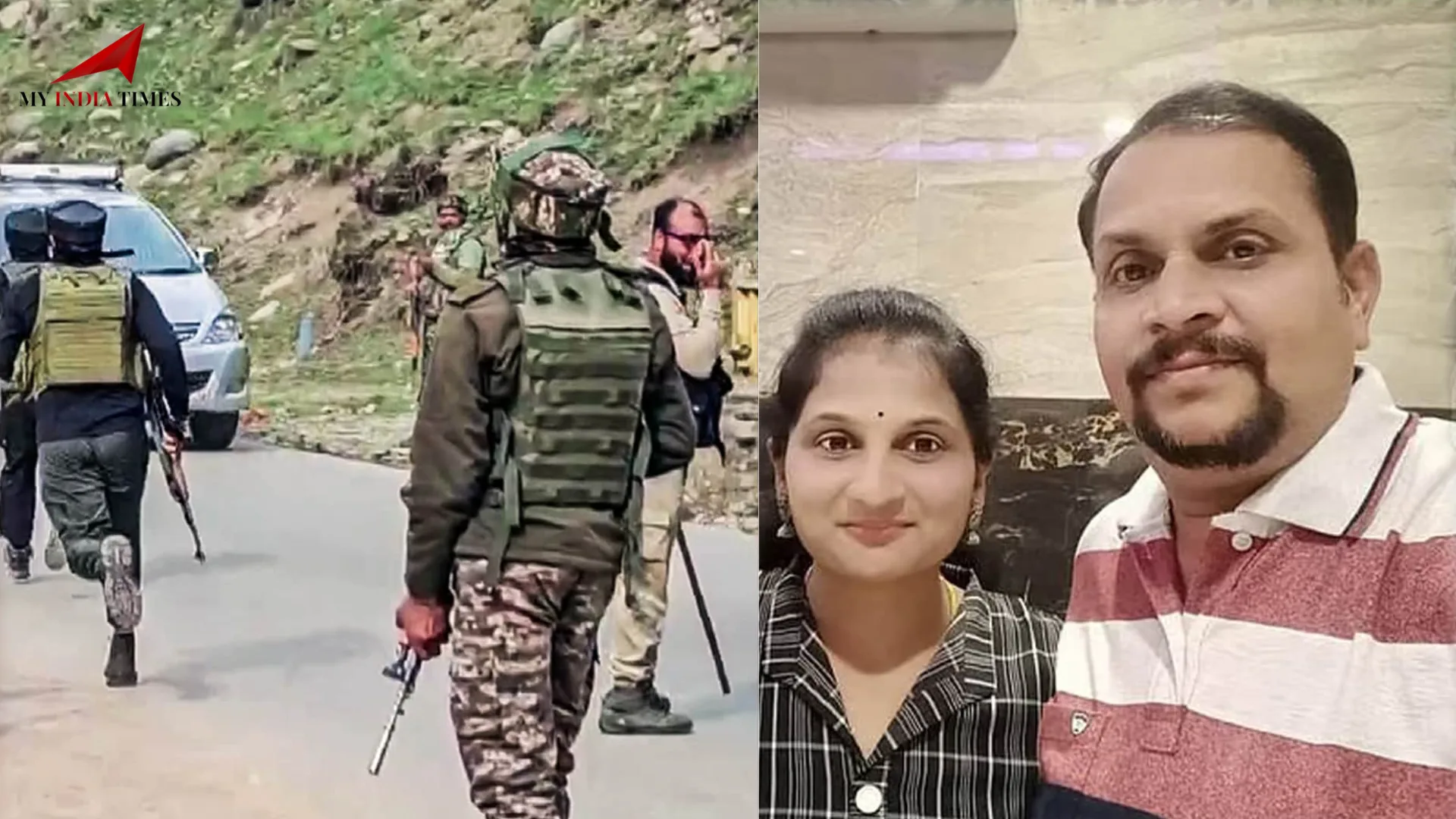
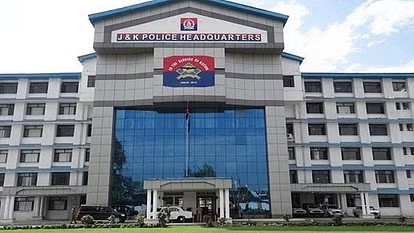
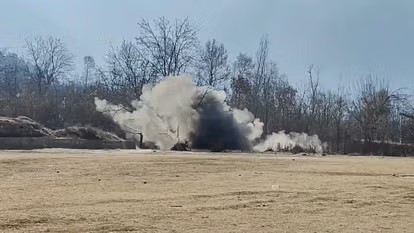
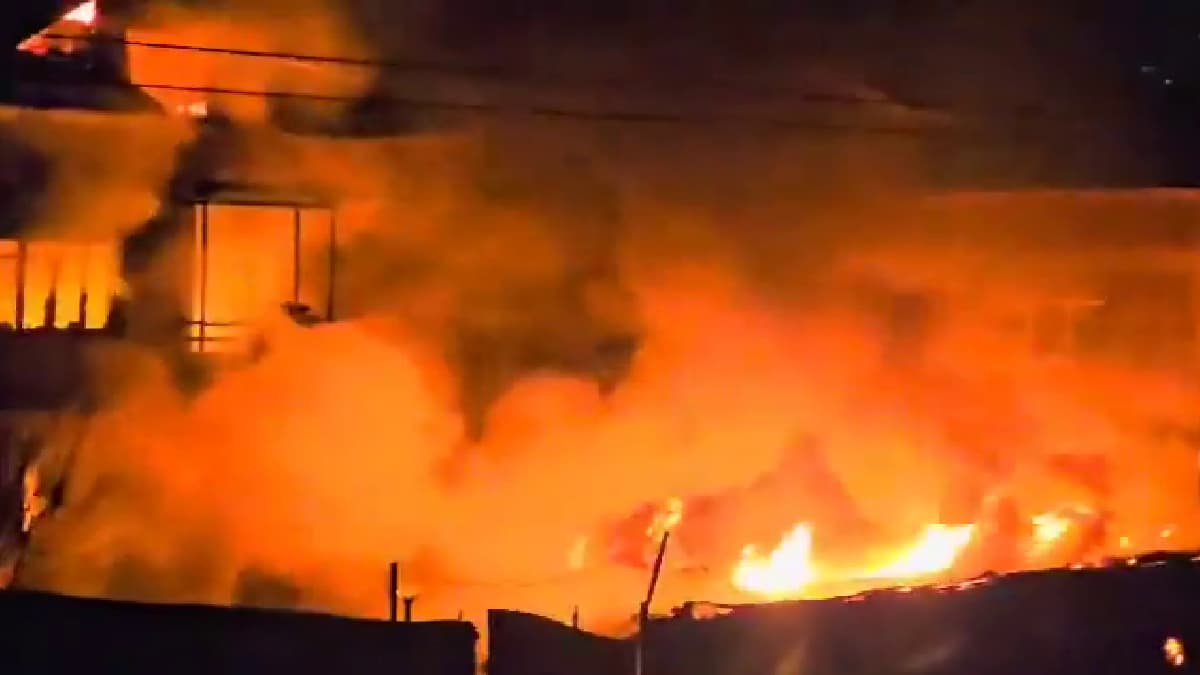
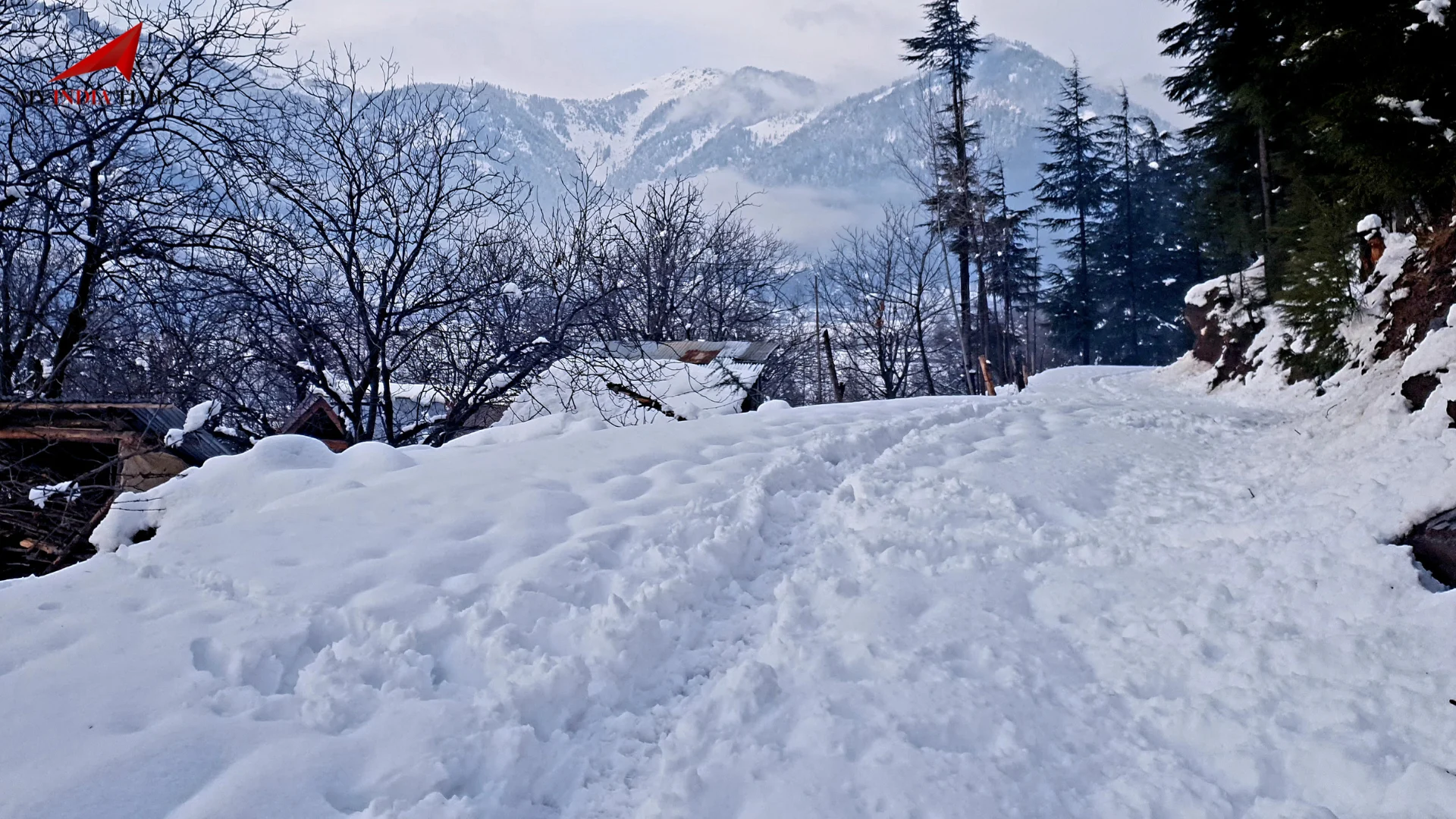


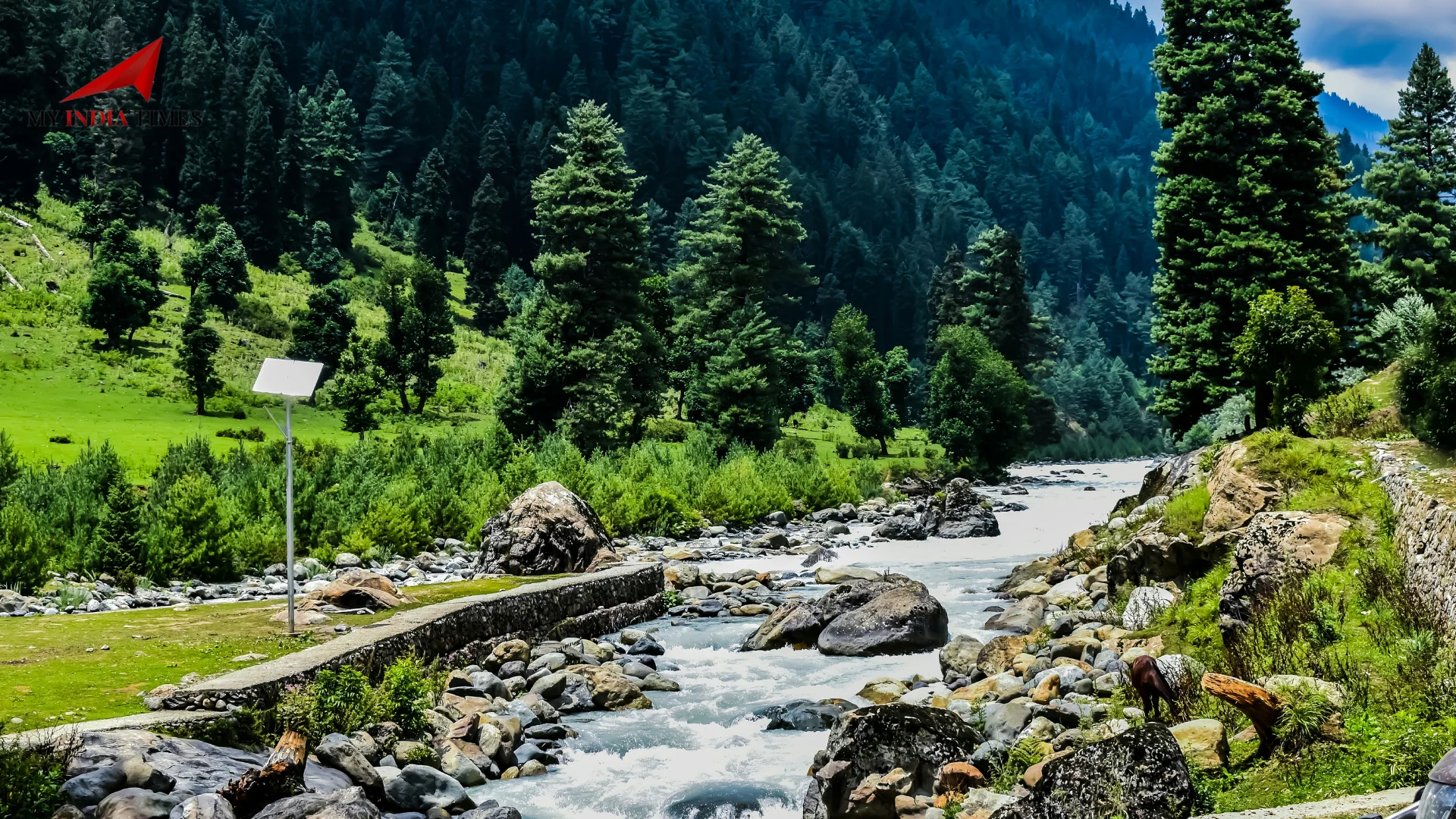
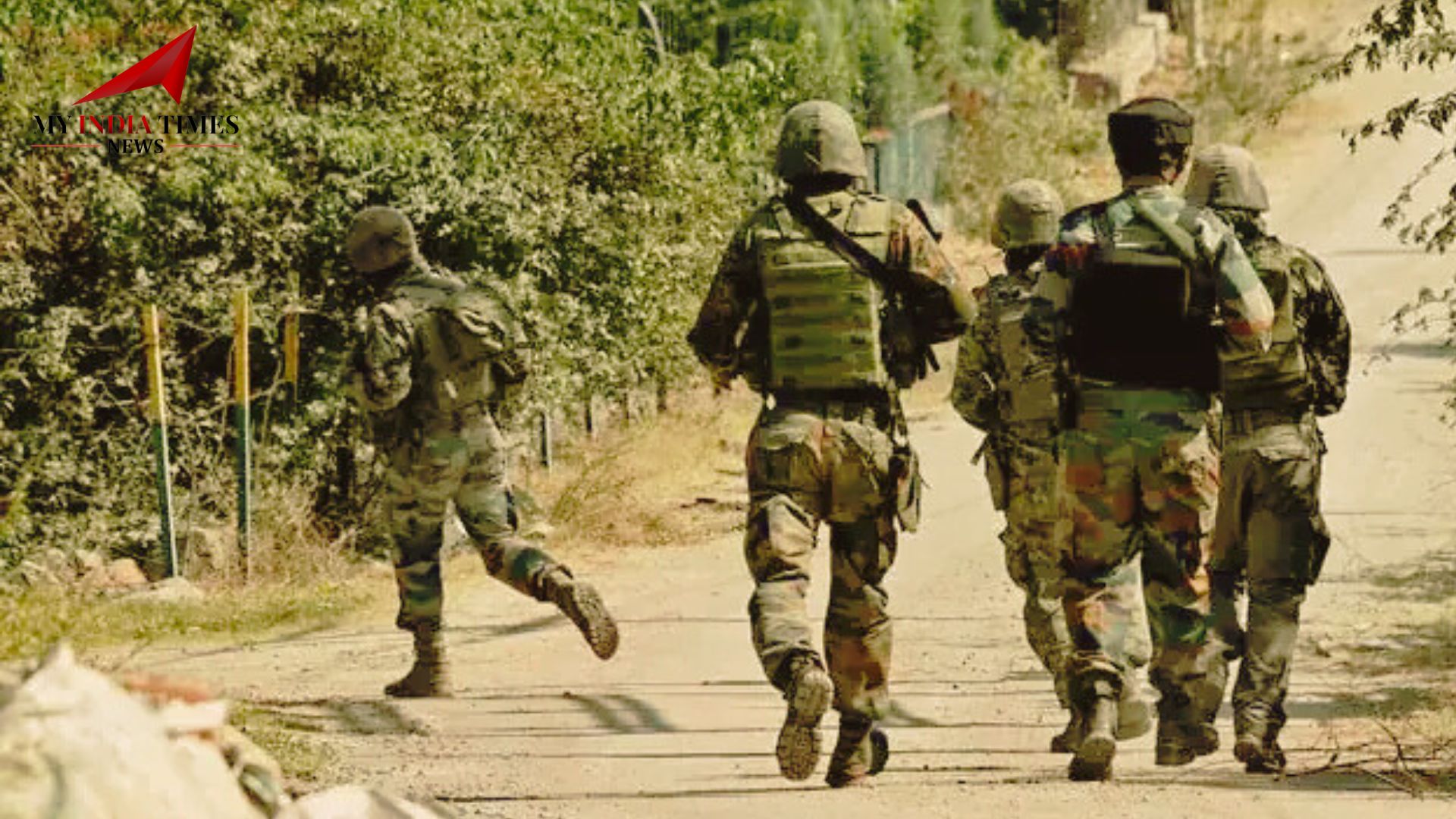


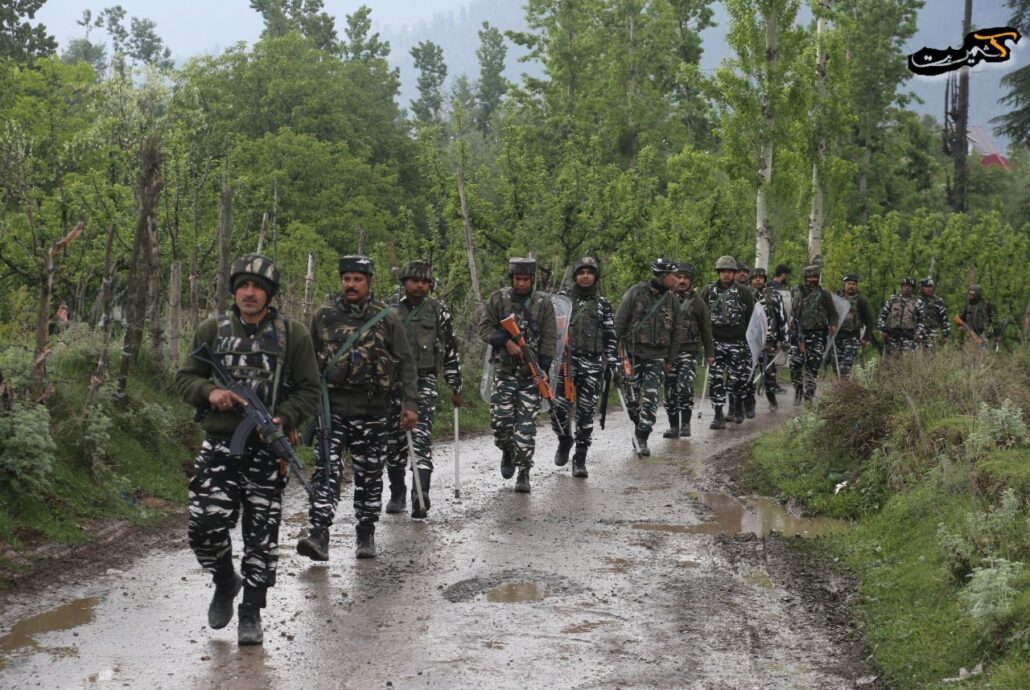
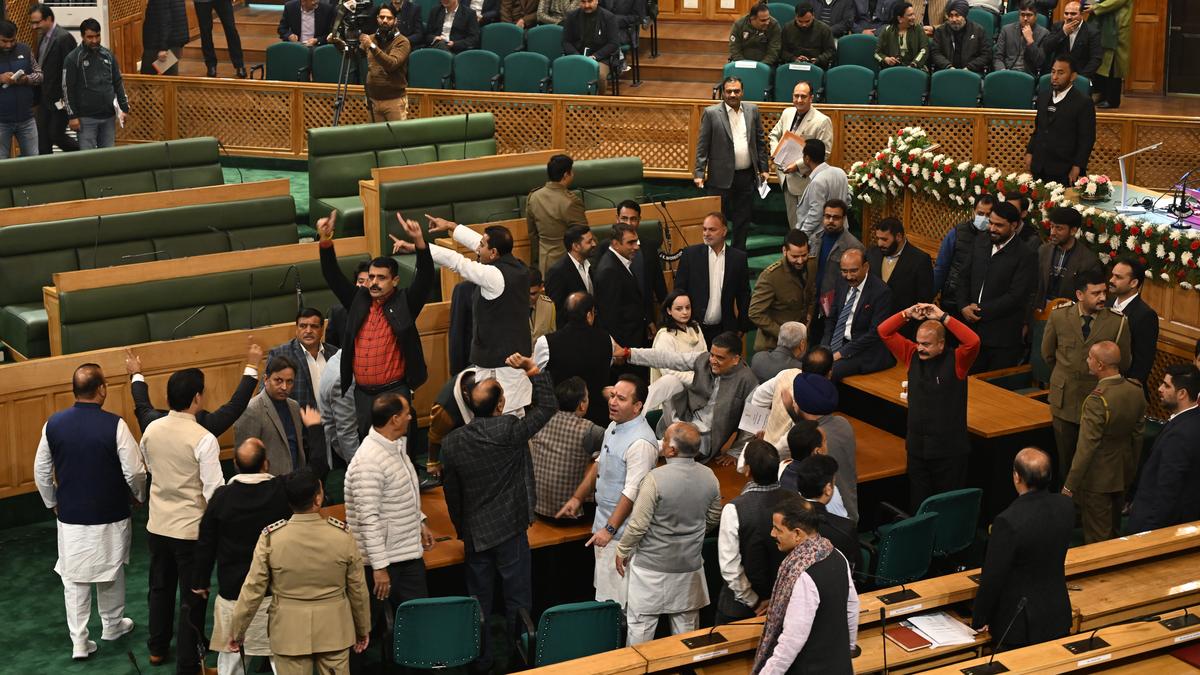

























































































.png)
 (1).png)























